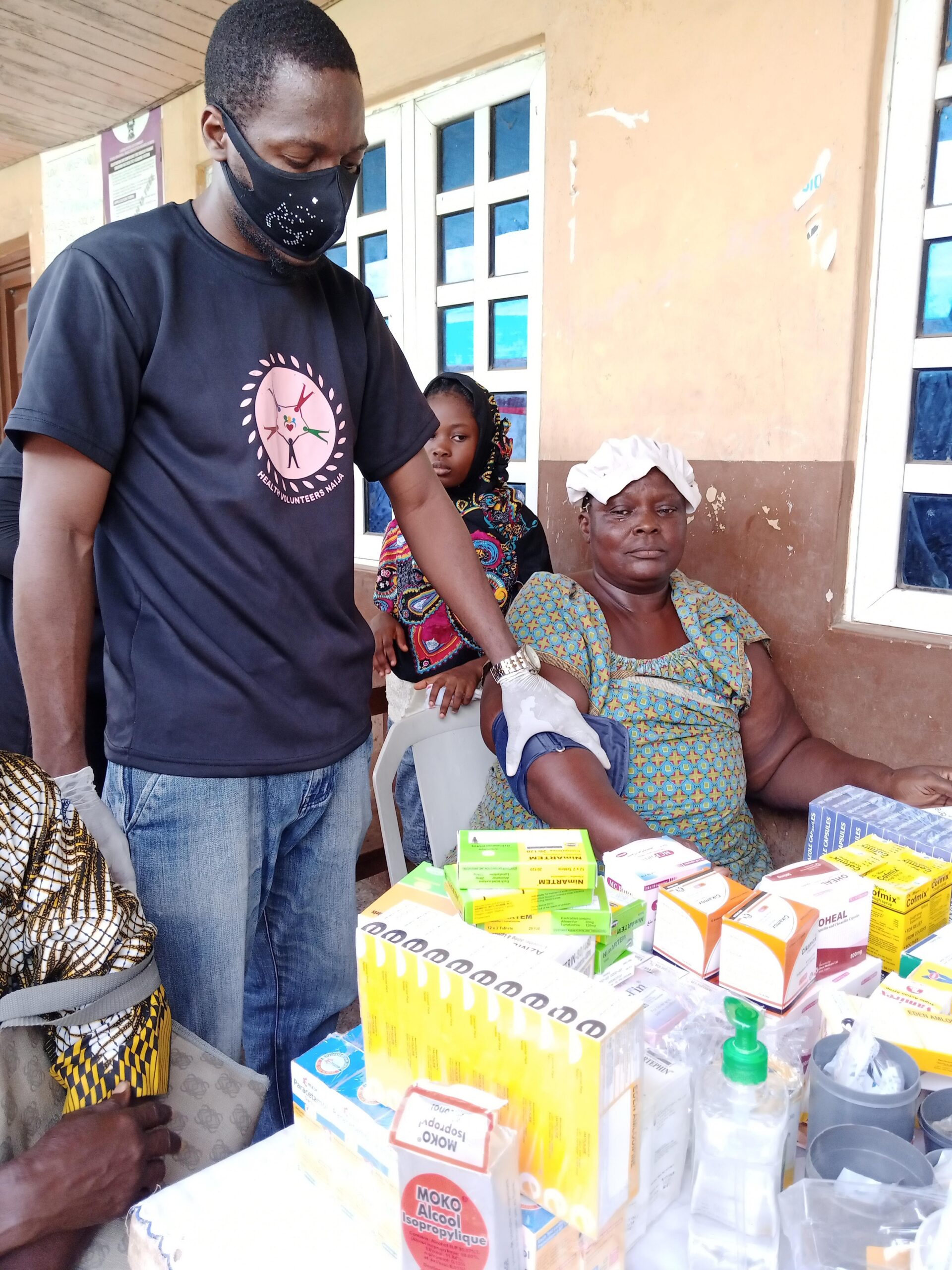
INTRODUCTION
Hypertension or High blood pressure as many know it is a “silent killer” that has remained a serious health challenge and grossly misunderstood condition in this part of the World and largely across the globe.
It is a chronic condition where the pressure in the blood vessels remain persistently high usually from 140/90mmHg and above, checked at least 4 hours apart in different positions.
According to WHO, approximately 1.28 billion adults between the age of 30-79 years have been diagnosed of Hypertension worldwide. Less than half(42%) of these adults have been diagnosed or are being treated.
In Nigeria, the estimated prevalence of Hypertension is said to be 38.1% with about 76.2 million Nigerians suffering from this condition.
Itt has also been found to be a major cause of premature death worldwide.
The data isn’t meant to scare you, it’s just to convince you on why you should take this article a bit more seriously.
RISK FACTORS:
While there are some risk factors we can do absolutely nothing about like: Age, sex, race and family history
There are others we can work on to improve such as:
- Obesity
- Sedentary lifestyles
- High dietary salt intake
- Alcohol abuse
- Smoking
SYMPTOMS:
Most people don’t experience any symptoms hence the term “silent killer”, however some people may notice vague symptoms like:
- Severe headaches
- Chest pain
- Dizziness
- Difficulty breathing
- Nausea
- Vomiting
- Blurred vision or other vision changes
- Anxiety
- Abnormal heart rhythm
The only way to truly link any of these to hypertension is to have a blood pressure check from a healthcare professional.
TREATMENT
Hypertension is not a curable disease but if managed properly can prevent a whole lot of complications like the dreaded Stroke or Heart attack. It is recommended to start management from the basics.
The Basics: Generally termed as lifestyle modifications
- Lose the “KG”: Losing up to 10kg reduces the systolic BP by about 5-20mmHg
- Reduce the salt in your diet to less than 1 teaspoon per day of salt
- Increase dietary intake of potassium by increasing intake of fruits and vegetables
- Quit smoking
- Engage in at least 30 minutes daily of aerobic exercises for most days
- Reduce dietary intake of fat
Combining two or more of these have shown to help reduce the blood pressure. However, this doesn’t undermine the need to visit a Physician for a proper diagnosis and a well tailored treatment plan.
Dr Imaobong Esien is a Medical Practitioner & volunteer with the Health Volunteers Nigeria Initiative
